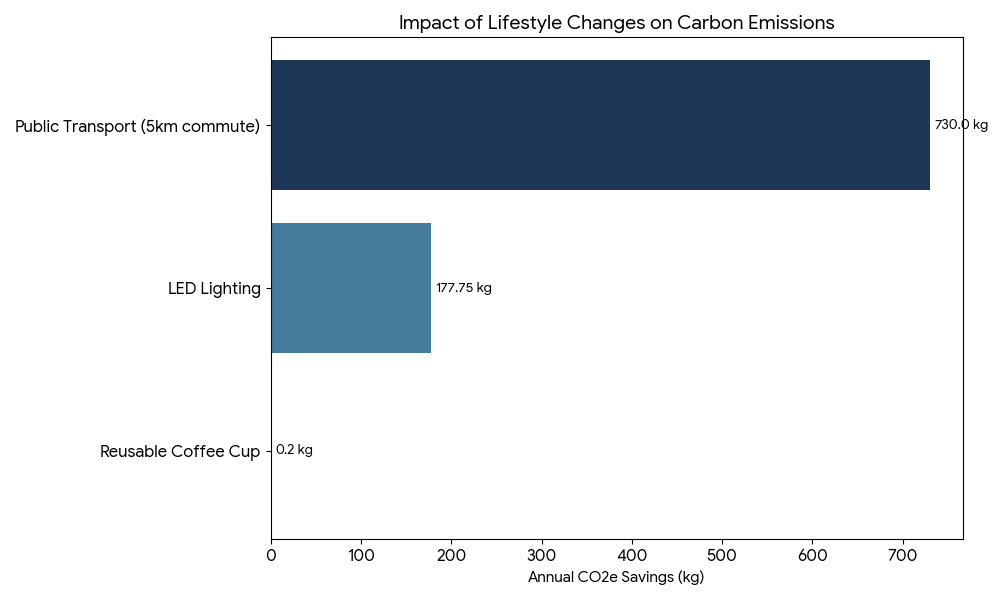Tired of eco-anxiety? Discover how you can be an eco-hero, not a zero, with practical, planet-saving tips and a dash of humor. From savvy swaps to hopeful tech, we’re cutting through the greenwash to help you make a real impact, one coffee cup at a time.





